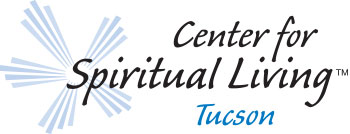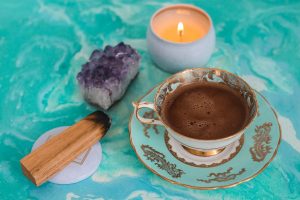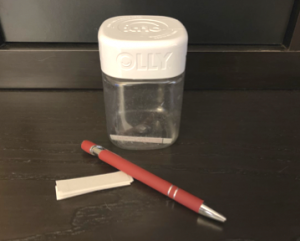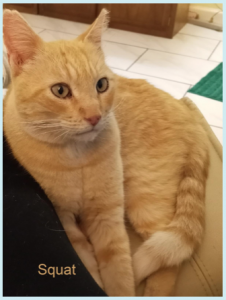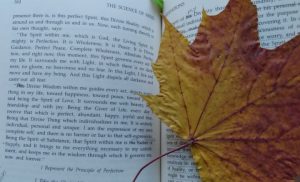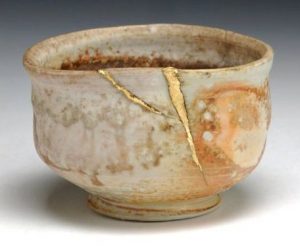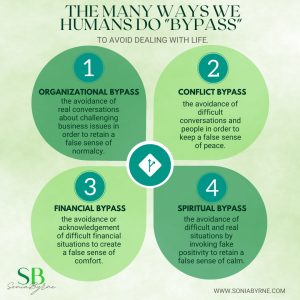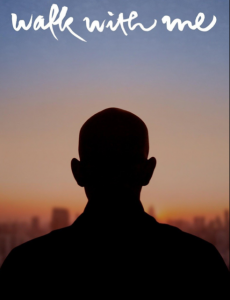Retirement
It began with my desire to increase my involvement in playing music with a new band. Ok practice a couple of days a week for 3 hours, work at home on songs for a few hours.
Then there are home projects, home maintenance, gardening, time with the dogs, cleaning laundry, yard work, tree trimming, meeting with people and keeping connections.
After retiring I had agreed to donate time and be on the CSLT board, concerts, travel for various reasons, puttering, about and fixing things that just appear and suddenly need fixing. Not to mention exercise, something that I have come to believe needs to happen every day.
What about learning? Read publications that are precisely in areas of my passions, videos, practice the drums, get a better handle on other instruments, something that has been self- promised for a lifetime, what about the bucket list??
Health care visits to keep apprised of my health. Travel time, what about art? I have a couple of canvases waiting for attention, the forge has yet to be fired up.
Is there any wonder I have problems staying organized? Let’s not venture off into dreams of accomplishments. What about a little binge watching there are tons of material that warrants attention.
Wait, is this simply life at the break of the 21st century? Where are the robots that are coming to help with all the tasks that qualify as boring? Meditation two times a day for 20 minutes. Drive my daughter across the country to her new school. Oh yeah so as if I wasn’t busy enough, I decided to start the process to become a Pilates instructor.
At least one thing has become clear….
Life Just keeps getting better and better. This teaching really makes a difference in my life because without it I would not know that I can change my mind and that changes my experience.
–Chris Wheeler
